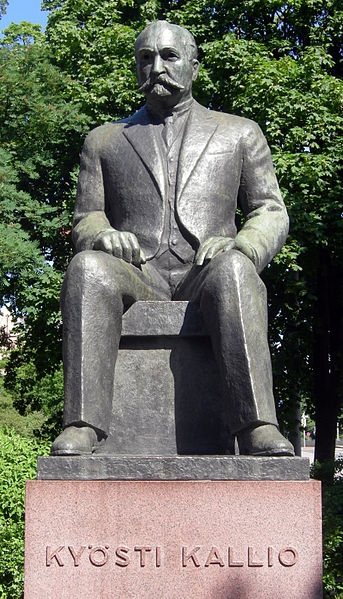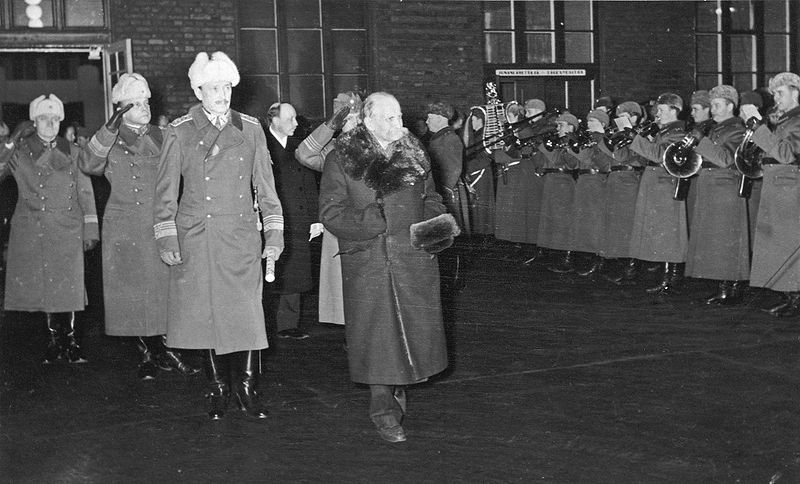<Back to Index>
- 4th President of Finland Kyösti Kallio, 1873
PAGE SPONSOR
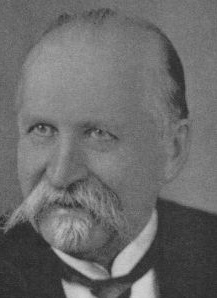
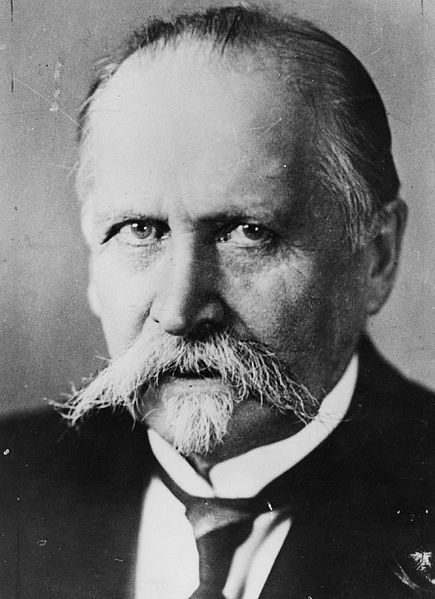
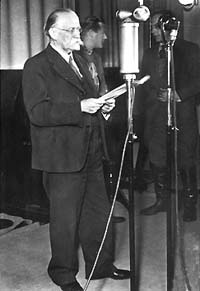
Kyösti Kallio (April 10, 1873 – December 19, 1940) was the fourth President of Finland (1937 – 1940). He was a prominent leader of the Agrarian League, and served as Prime Minister four times and Speaker of the Parliament six times.
Kyösti (originally Gustaf) Kallio was born in Ylivieska, Finland. His father was a farmer and a prominent local politician.
Kallio served in the Diet of Finland 1904 – 1906 as a member of the Estate of the Peasantry. He joined the newly founded Agrarian Union (a farmers' party) in 1906 and became one of its prominent leaders. He became an Agrarian minister in the Senates of Oskari Tokoi, Pehr Evind Svinhufvud and Juho Kusti Paasikivi.
During the Civil War in Finland, he hid in Red dominated Helsinki, because he was at least nominally on the White side and therefore a "class enemy"; he formed a new senate (government) in Helsinki after German troops had defeated the Reds in the city. Afterwards he became a moderate peace maker and disapproved of retaliation against the Reds.
During the debates over the form of the new state in 1918, Kallio resigned from the Senate because he supported a republic instead of constitutional monarchy. Eventually, the monarchist stand lost and he returned to the Cabinet to become Prime Minister. He was a reformist who emphasized education, settlement and land reform. His greatest achievement was "Lex Kallio" in 1922, a legislation allowing the state to buy land to encourage new settlements, and to let the former tenant farmers and other landless rural people to buy small farms. On the other hand, he did support Prohibition in Finland, and was dismayed when it was repealed in 1932.
Kallio was an anti - communist, suppressing the Finnish Communist Party (SKP) in 1923, but he resorted to legislative methods. When the violent right wing Lapua Movement asked him to become their leader, he refused and was instead subjected to their death threats.
Kallio was elected president with the votes of centrist (Agrarian and Progressive) and social democratic coalition which wanted to ensure that President Svinhufvud would not be re-elected. Kallio took a role of a parliamentarian president and avoided use of his personal power.
In the eve of the Winter War, when Marshal Mannerheim once again threatened to resign from his post as chairman of Finland's Defense Council due to a schism with the Cabinet, Kallio convinced him to stay. During the war he resisted the idea of giving up any territory to the Soviet Union, but was forced to agree to sign the Moscow Peace Treaty in 1940. His health begun to fail – his right arm was paralyzed – and he was not active in the dealings with Germany leading to the Continuation War. On August 27 he suffered a serious stroke. Prime Minister Risto Ryti took over his duties. Kallio's heart became weak while he knowingly took risks by agreeing to the formal farewell ceremonies. Kallio resigned formally on November 27, 1940. He was going to Nivala to his farm after the farewell ceremonies on the evening of December 19, 1940, when he collapsed and died at the Helsinki Central Railway Station, before a guard of honor and in the arms of his adjutant.
A
significant part of Kallio's personality and a motive for the social
reforms which he supported and promoted was his deep Christian faith,
which he had adopted already at home, and which was deepened during his
marriage to Kaisa Kallio, who was also a devout Christian. Although
Kallio was often too busy to go to church, he prayed often when
encountering difficulties in making political decisions, and some of
these prayers he recorded in his diary. He also read Christian books
with his wife and often discussed them by exchanging letters. He often
referred to God in his speeches, and during the Winter War he asked the
Finns who were serving their country to read the Bible. When he was
forced to sign the harsh Moscow Peace Treaty in March 1940, Kallio quoted freely from the Book of Zechariah,
saying: "May my hand, which is forced to sign such a paper, wither."
His right arm was paralyzed the following summer, and he was forced
to switch his writing hand. In the Presidential Palace, shortly before leaving for Helsinki Central Railway Station for the last time, he sang a hymn with his family.
